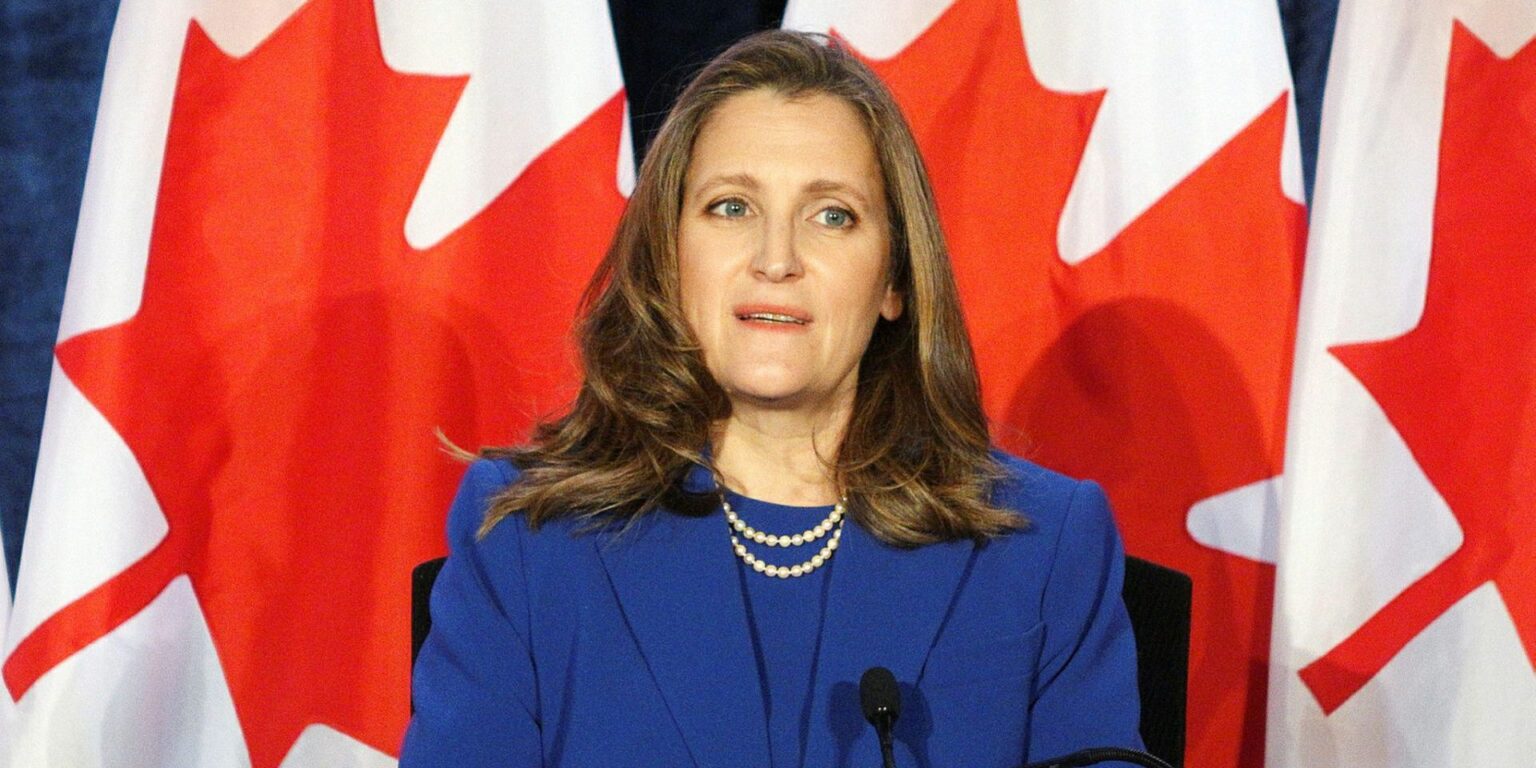The International Monetary Fund (IMF) has issued a cautionary report highlighting increasing vulnerabilities in Canada’s financial system, even as the nation’s banks and major financial institutions continue to demonstrate a high degree of resilience.
Key Risks Spotlighted by the IMF
Rising Household Debt: Canada’s household debt remains the highest among G7 countries, creating persistent exposure to shocks. Recent data shows that while household indebtedness has slightly decreased (debt-to-disposable-income ratio down from 179% to 173%), the level is still substantial, and the overall debt burden leaves many families vulnerable to economic downturns or income losses.
Mortgage Renewals: Nearly 60% of outstanding mortgages are set for renewal in 2025 or 2026. Many borrowers who secured ultra-low interest rates during the pandemic face the prospect of significantly higher payments at renewal, despite some relief from recent interest rate cuts. Lower-income borrowers and those with high debt loads are particularly at risk of financial strain.
The IMF warns that in a severe stress scenario, default rates on uninsured mortgages could climb to 0.9% and on insured loans to 1.4%, up from a current mortgage delinquency rate of just 0.2%. Corporate defaults could also rise from 0.5% to 1.3% by 2027.
Gaps in Oversight: The IMF pointed to deficiencies in coordinated oversight, especially regarding cyber threats and pension funds. It recommends deeper cooperation between federal and provincial regulators and better systemic risk management for rising threats like cyberattacks and climate-related events. Oversight of large public pension funds and insurance groups also needs strengthening.
Results from Stress Testing
Financial Resilience: Canadian banks—especially the six systemically important ones that hold 94% of banking assets—passed severe solvency and liquidity stress tests and are seen as capable of absorbing substantial shocks. Mortgage arrears, while increasing, remain below historical levels. However, medium-sized banks with more concentrated mortgage portfolios are showing early signs of strain.
Adverse Scenario Outcomes: Should a recession hit with a 5% GDP decline, unemployment above 9%, and a 26% drop in house prices, the system would face sharply rising defaults and credit losses. However, the banking sector is expected to stay solvent under such stress, though non-mortgage credit delinquencies could rise sharply.
Broader Environmental and Geopolitical Threats
Trade Wars and Economic Uncertainty: Heightened geopolitical tensions, including ongoing trade disputes with the US, have created additional uncertainties. A lengthy trade war could drive mortgage arrears above 0.5%, surpassing global financial crisis levels, while a slowdown in job and income growth could make debt harder to service for vulnerable households.
Cyber and Climate Risks: The IMF identifies cyber-attacks as posing particularly high risks for market functionality, and warns that floods and other disasters could provoke liquidity shortages and loss of confidence in the financial system.
Takeaway
While Canada’s financial sector remains fundamentally robust and well-regulated, serious emerging risks—especially from high household debt, upcoming mortgage renewals, coordination gaps in regulatory oversight, and external shocks—warrant close monitoring and policy attention. The IMF urges Canadian authorities to strengthen systemic oversight, improve data collection and risk modeling, and be ready to intervene should household or market stress escalate in the coming years.


